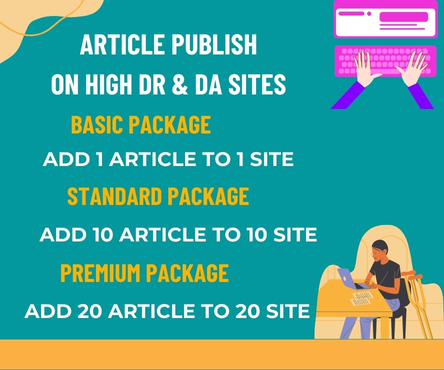Introduction:
Project management has emerged as a crucial skill in today’s hectic and cutthroat business environment. Effective project management is essential to the success of any endeavour, be it the creation of a new product, the execution of a marketing strategy, or the building of a complicated infrastructure project. This article discusses the value of project management and how it may increase productivity, reduce risk, and produce desired results. Please visit workload management tools
- Specific Goals and Scope:
Having the capacity to define the scope of work and establish precise objectives is one of the main advantages of project management. Project managers collaborate closely with stakeholders to determine and define the project’s goals and then divide them into actionable steps. The team can efficiently coordinate efforts, set priorities for tasks, and allot resources by clearly outlining the project scope up front. This transparency ensures that everyone engaged is aware of the goals and prevents scope creep.
- Resource allocation that is effective:
Allocating resources efficiently, including time, money, and human resources, is made possible by effective project management. Project managers evaluate the necessary skill sets and assign team members work in accordance with their expertise and strengths. Projects can be finished within the allotted time and budget restrictions by effectively utilising resources. In addition to increasing production, this also reduces waste and keeps team members from being overworked.
Click here ppm tool
- Risk mitigation and management:
Unexpected risks and obstacles frequently arise in projects, which can halt development and affect results. Risk identification, assessment, and mitigation measures are prioritised in project management. Project managers can reduce delays and take timely action by anticipatorily recognising probable risks and creating backup plans. Effective risk management keeps projects on schedule while lowering the possibility of delays, cost overruns, and subpar outcomes.
- Stakeholder Communication and Engagement:
Fostering effective communication and involvement with stakeholders is a key component of efficient project management. In order to maintain alignment and communication among clients, team members, and other stakeholders during the course of the project, project managers serve as a bridge between them. Open lines of communication, regular status updates, and progress reports all help to manage expectations, build rapport, and quickly handle any issues. A project environment that is more supportive and collaborative benefits from involved stakeholders.
- Quality Assurance and Results Delivery:
To guarantee that project deliverables meet or exceed expectations, quality control is a key component of project management. Throughout the course of a project, project managers develop quality standards, establish monitoring systems, and put quality assurance procedures into practise. Project managers uphold high standards and pursue excellence in project outcomes by regularly assessing progress and correcting any deviations. Visit now ppm software
- Flexibility and Adaptability:
Change is inescapable in the fast-paced business climate of today. The framework for flexibility and adaptability in the face of shifting conditions is provided by project management. Project managers are skilled at modifying project schedules, budgets, and resources to account for unforeseen developments or changing stakeholder demands. Project managers make sure that projects continue to be relevant even in the face of uncertainty by being proactive and responsive.
Conclusion:
Across many different industries, project management is a crucial discipline that promotes success and effectiveness. Effective project management offers the required structure and direction for attaining project goals, from outlining objectives and allocating resources to minimising risks and guaranteeing quality. In today’s complicated and competitive business environment, organisations may improve collaboration, optimise resource utilisation, and produce effective results by adopting project management best practises.

